
- Article
- Article
A history of twins in science
For thousands of years, twins have been a source of fascination in mythology, religion and the arts. Since the 19th century, they have also been the subject of scientific study and experimentation.

- Article
- Article
The unearthly children of science fiction’s Cold War
In the 1950s a new figure emerged in British novels, film and television: a disturbing young alien that revealed postwar society’s fear of the unruly power of teenagers.

- Article
- Article
The ‘epileptic’ in art and science
From scarred outsiders in literature to the cold voyeurism of medical films and photography, people who experience seizures and epilepsy are rarely shown in a compassionate light in popular culture.
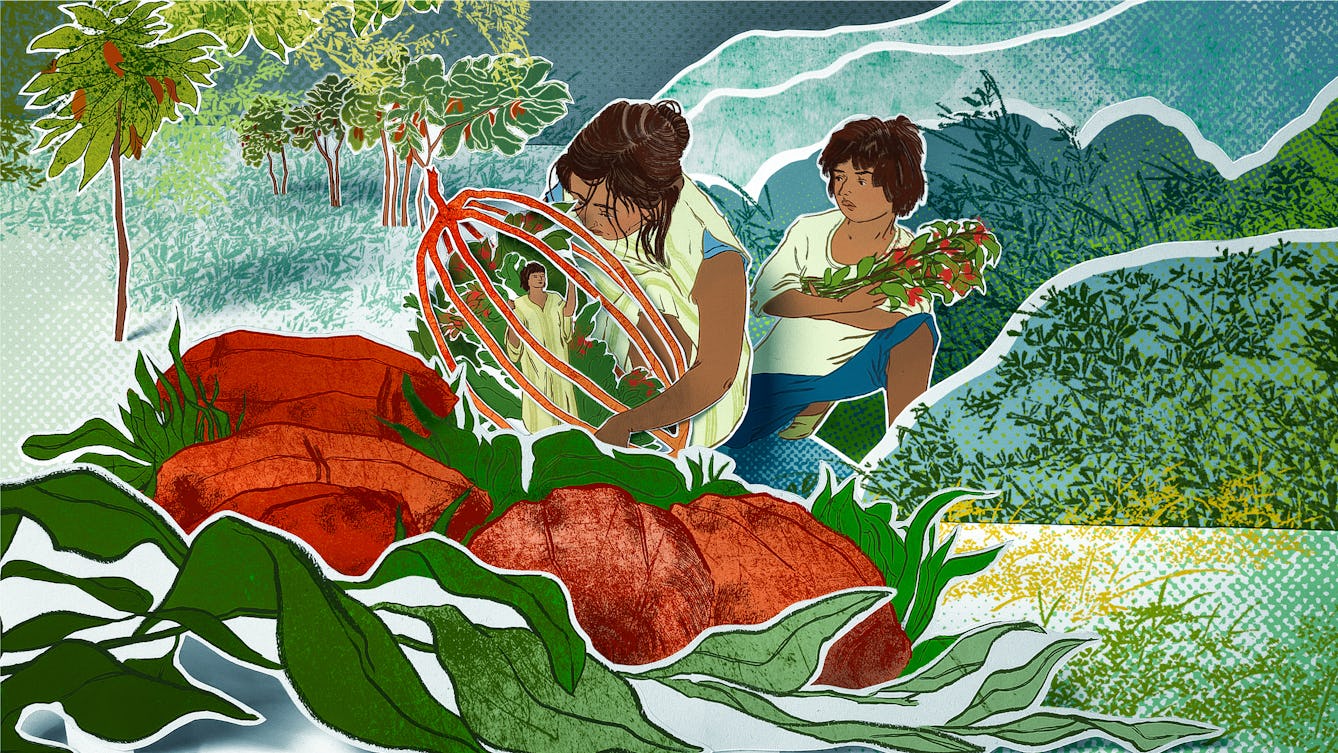
- Article
- Article
How Indigenous insight inspires sustainable science
The forest of the Amazon Basin is inextricably bound up with the lives of the Indigenous peoples living there. Find out how they feel about the forest, use what it provides, and try to protect it from aggressive commercial exploitation.
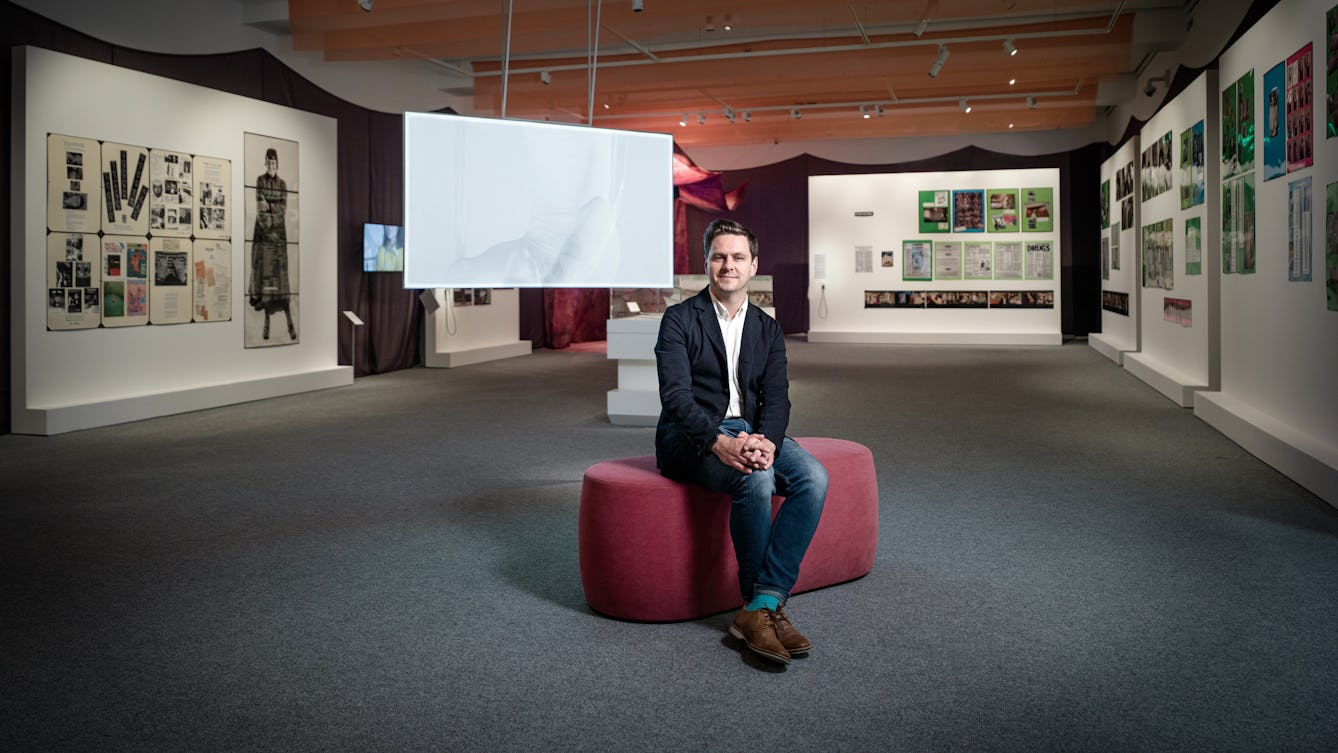
- Interview
- Interview
Inside the mind of George Vasey, co-curator of Misbehaving Bodies
Discover how curator George Vasey honoured the approaches of Jo Spence and Oreet Ashery, who mischievously subvert clichés around illness and death.

- Article
- Article
The meanings of hurt
In the early modern period, gruesome incidents of self-castration and other types of self-injury garnished the literature of the time. Alanna Skuse explores the messages these wounds conveyed.
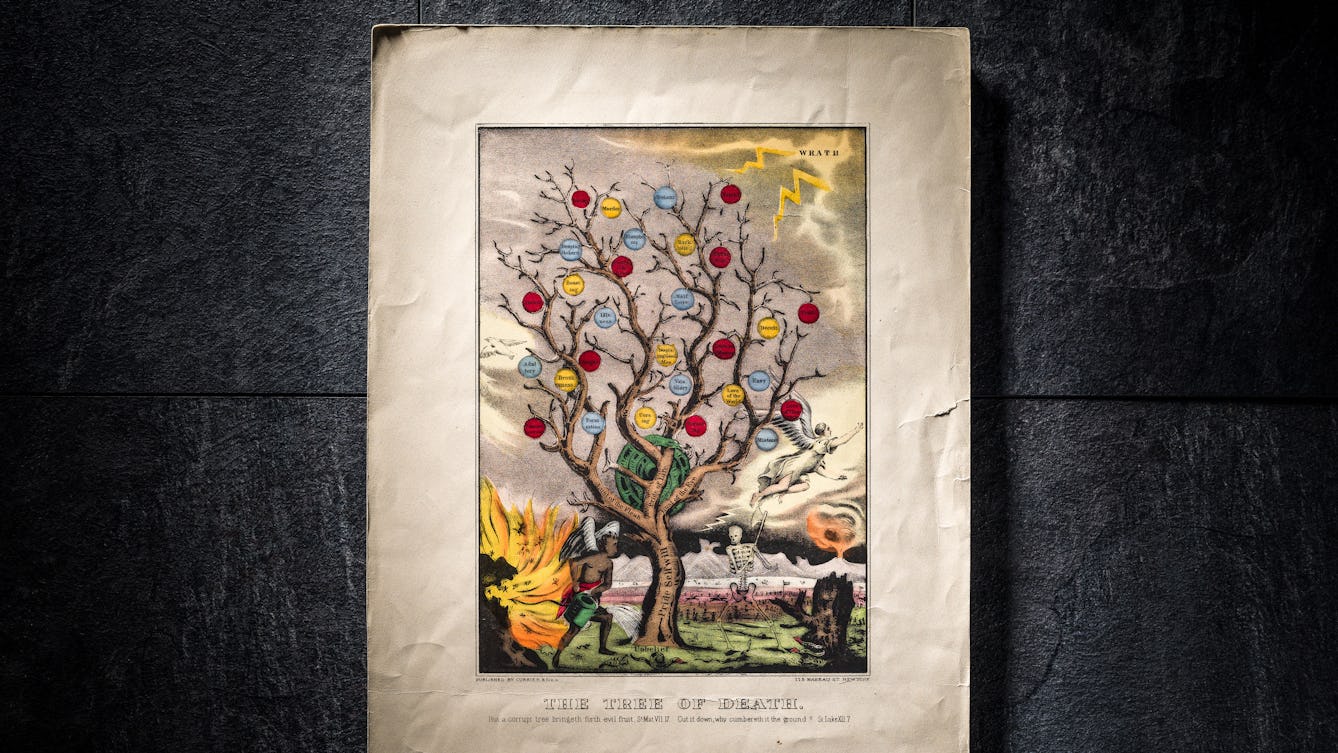
- Article
- Article
Why all of us are evil
Science proves that we’re all capable of evil: your secret fantasy about killing someone you hate is surprisingly normal. But the way to better moral choices is to fight emotional instinct.
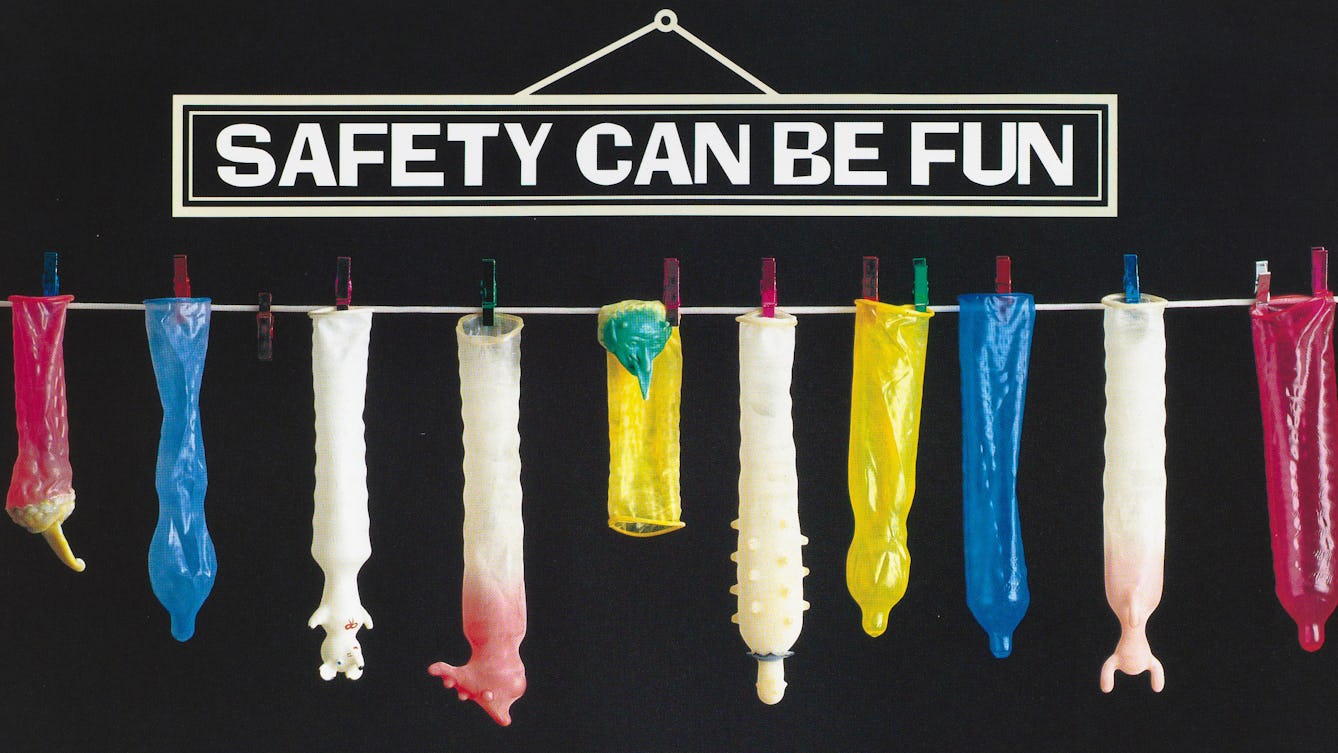
- Article
- Article
Getting around the rules of sex education
What should we and shouldn’t we teach our teens about sex, inside and outside of the classroom?
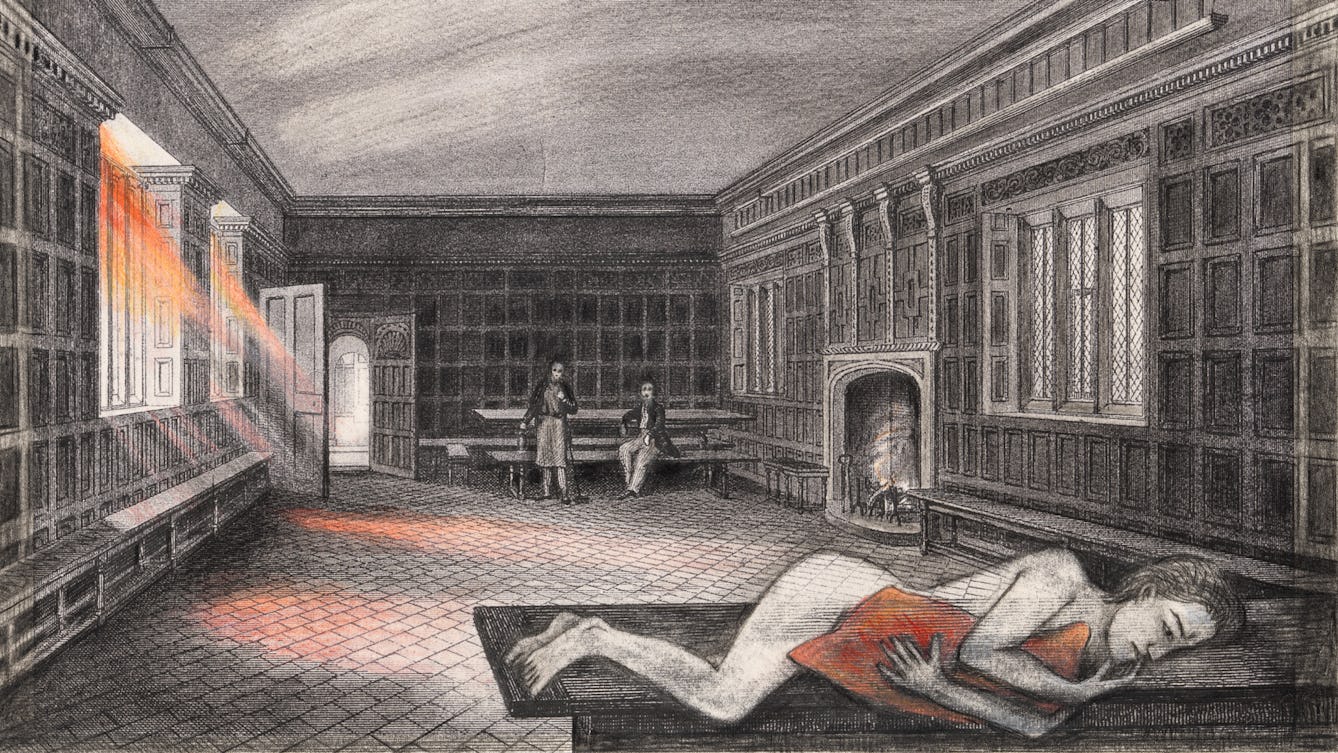
- Article
- Article
Thousands of years of women’s pain
Even in the 21st century, women with severe monthly pain find their suffering minimised or dismissed by the medical profession. Such pain is seen as simply a natural part of being female.

- Article
- Article
Aphasia and drawing elephants
When Thomas Parkinson investigated the history of “speech science”, he discovered an unexpected link between empire, elephants and aphasia.
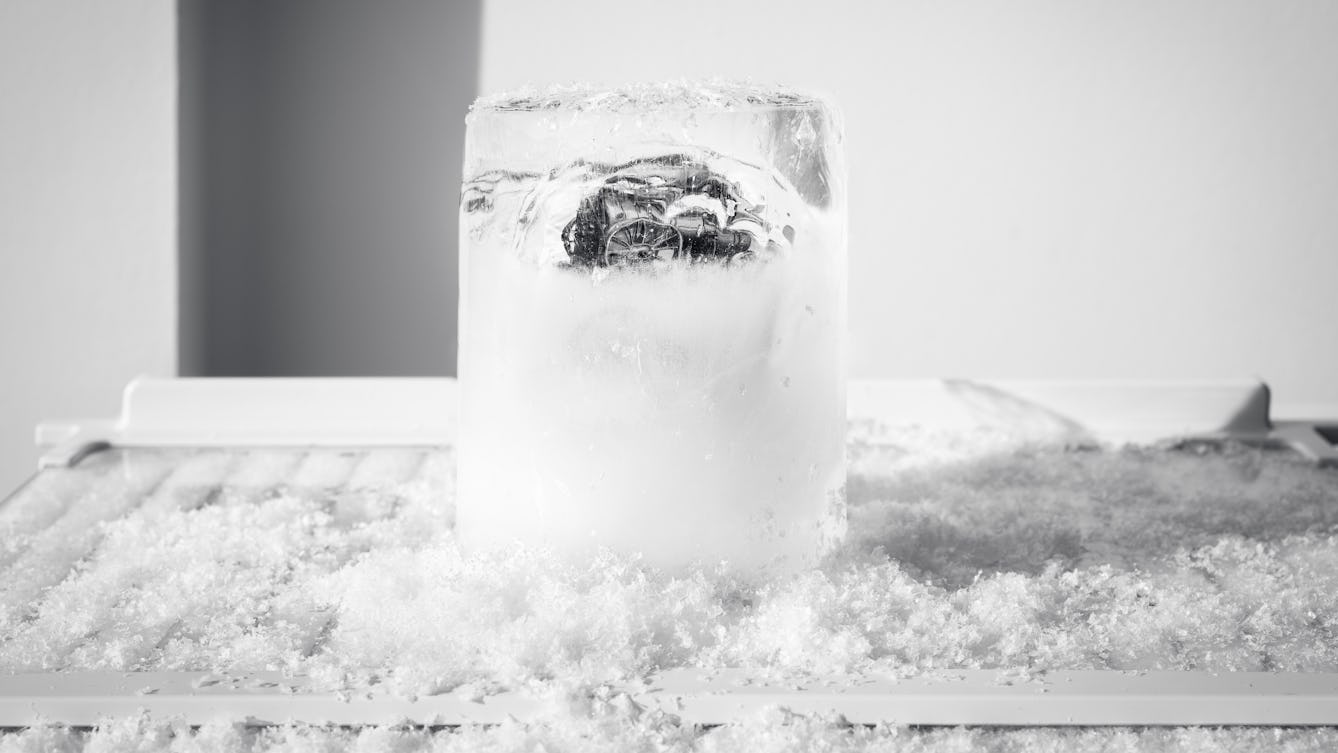
- Article
- Article
Bubbles of history
Since the 1960s, scientists have been able to study the air from past centuries by analysing particles in Arctic ice samples. But as the polar ice melts, the future of this research is changing.
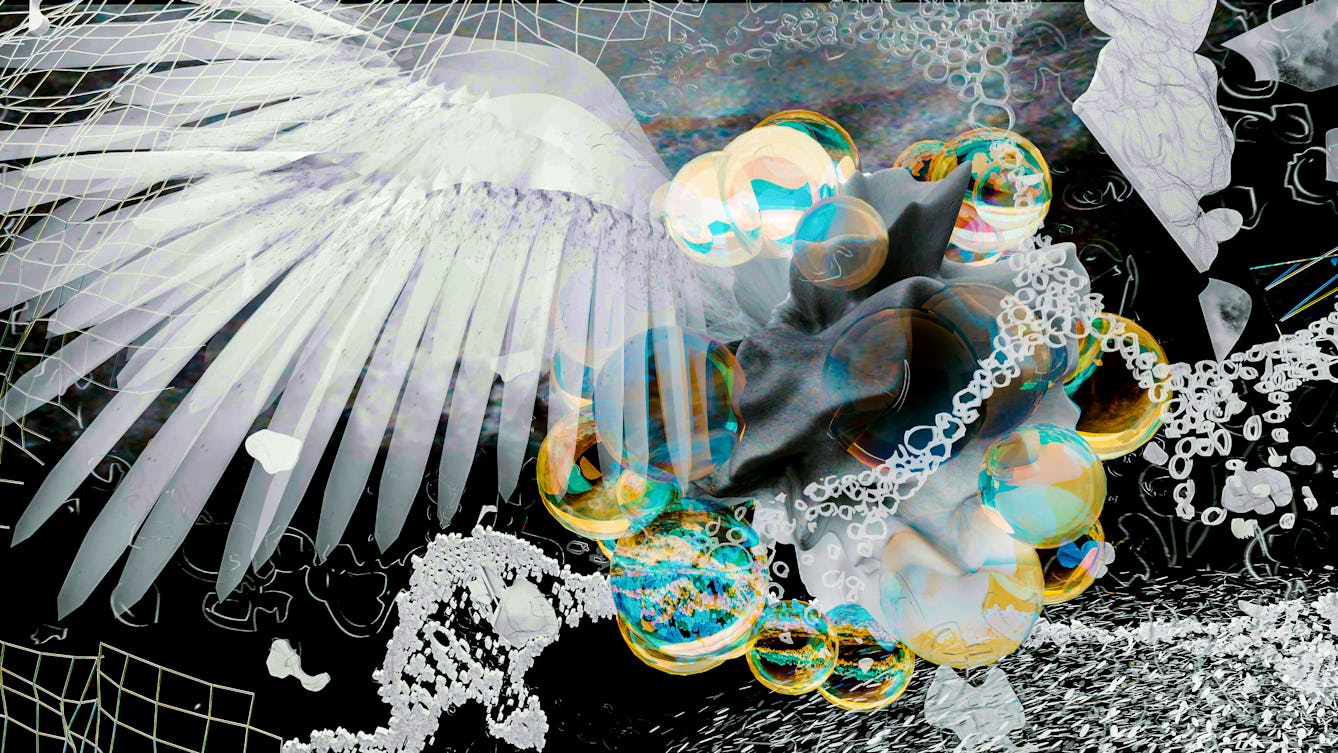
- Article
- Article
Air of threat
Novelist Chloe Aridjis vividly describes the suffocating atmosphere of Mexico City, as a combination of topography, crowded neighbourhoods, and reckless political diktats create a downward spiral.

- Book extract
- Book extract
The history of brainwashing
Is it possible to control what other people think? In this abridged extract from his book ‘Brainwashed’, psychoanalyst and historian Daniel Pick offers us a new history of thought control.

- Article
- Article
The metamorphosis of masturbation
Throughout history, medics and campaigners have tried to stamp out masturbation – but is modern science transforming its reputation?

- Article
- Article
The Ladies of Llangollen
As we celebrate LGBT History Month, Sarah Bentley explores the relationship between the two 18th-century women known as the Ladies of Llangollen.

- Book extract
- Book extract
The psychology of Ouija
Explore the science behind table tilting and Ouija boards, and discover how the unscrupulous still make money from exploiting the ‘ideomotor’ effect.
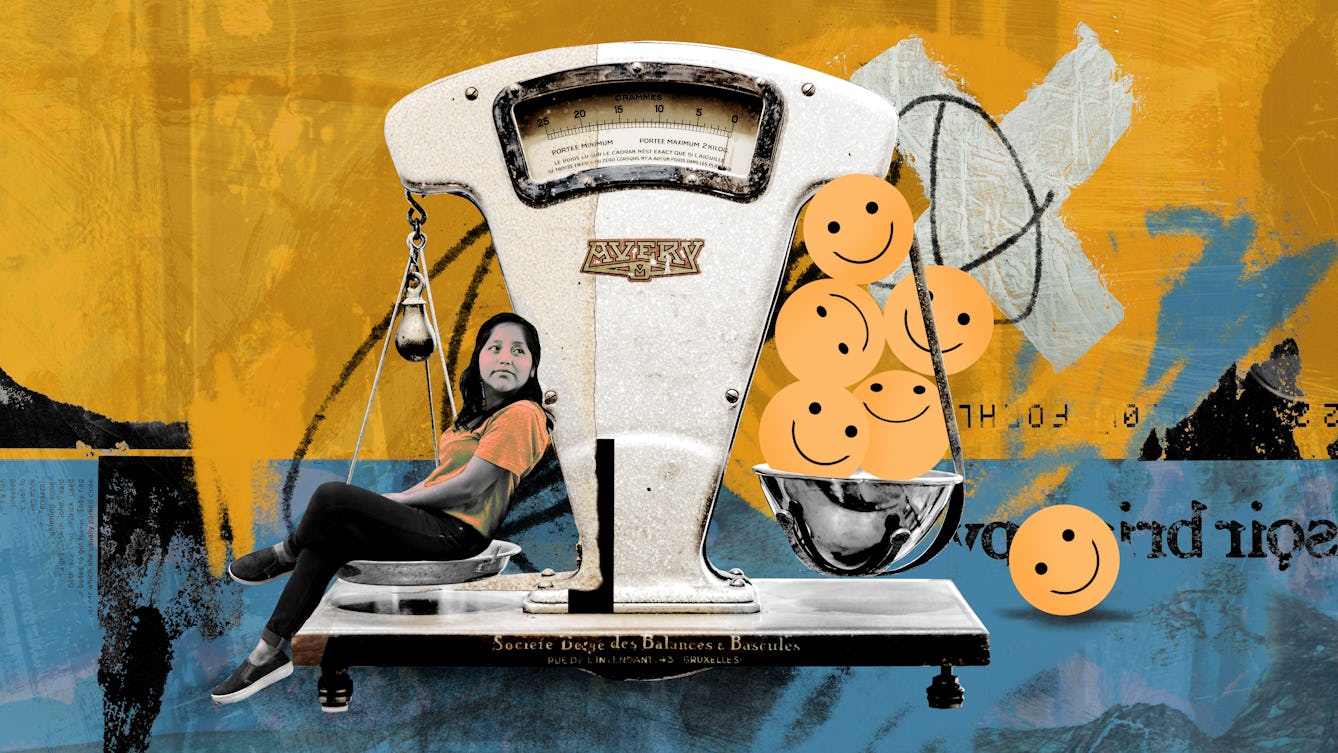
- Book extract
- Book extract
The meaning of happiness
What is happiness? Tiffany Watt Smith charts how its definition has changed over time, from chance emotion to something that can be measured and controlled.

- Article
- Article
Sick of the theatre
What makes the stage a good place to share real-life experiences of ill health?
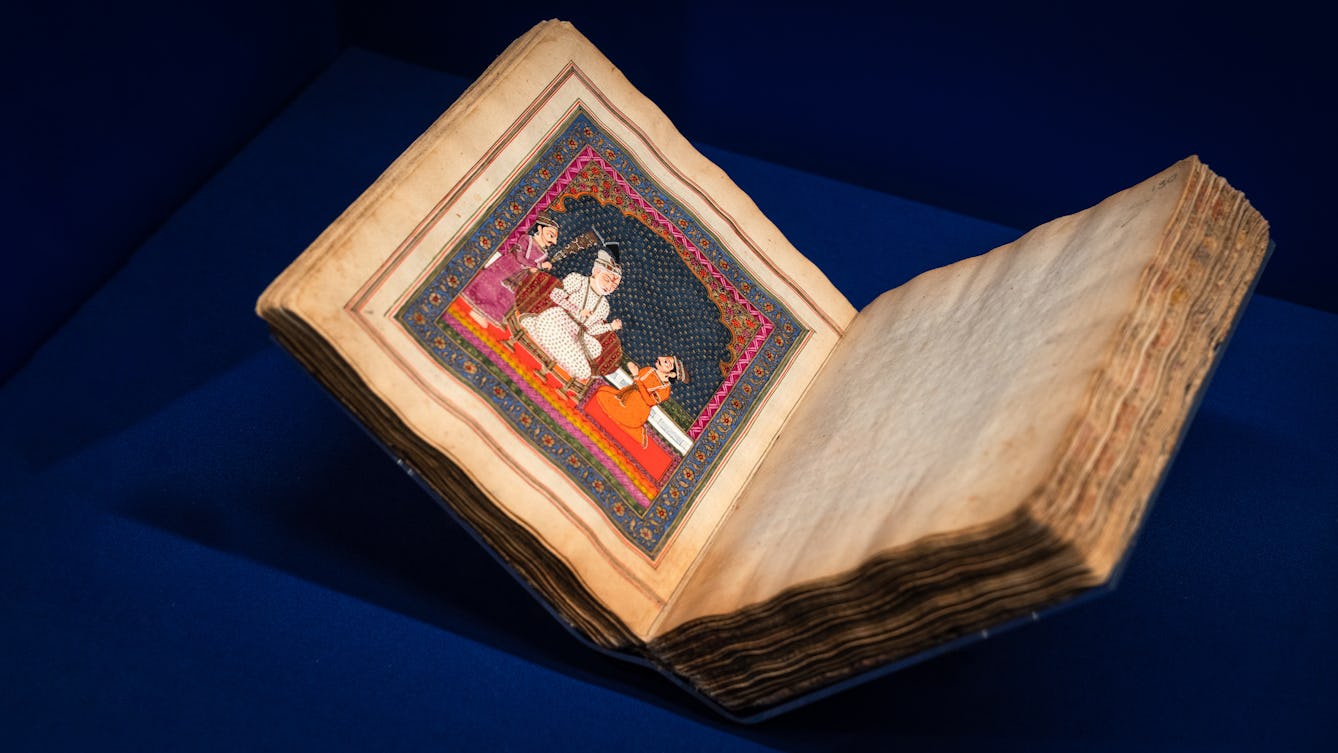
- Article
- Article
The eye of darshan
The Hindu concept of darshan means “divine revelation”, but it’s also about the multilayered ways in which we see the world around us. Adrian Plau explains how one image in a Panjabi manuscript relates to darshan, and why it’s so striking.
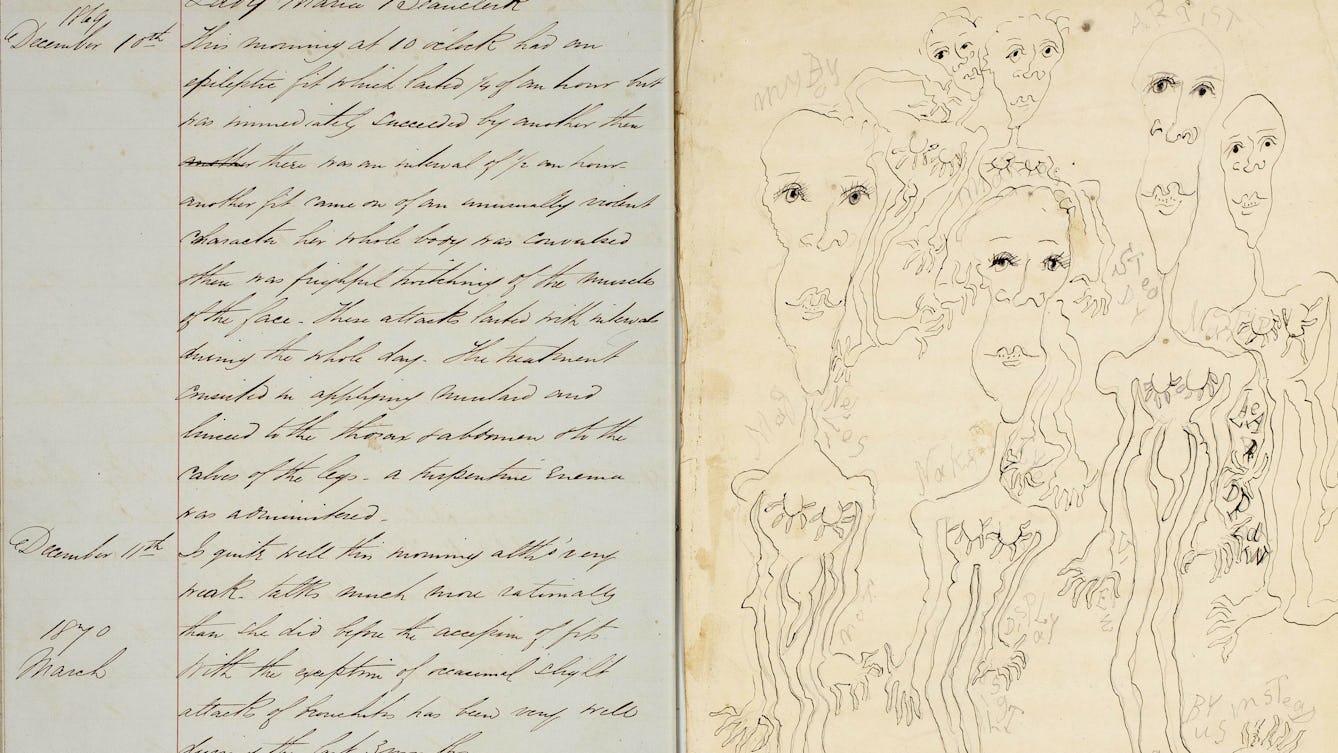
- Article
- Article
Uncovering experiences of dementia
Focusing on three 19th-century women’s case notes, Millie van der Byl Williams explores how our definition of dementia has changed.

- Article
- Article
The work of wet-nursing
Many of us know that in the past, babies were sometimes nourished by wet-nurses. But, perhaps surprisingly, the practice continues today – and the milk recipients are not only babies.

- Long read
- Long read
The ambivalence of air
Daisy Lafarge investigates the effects of air quality and pressure on body and mind, exploring air as cure, but one with contradictions.
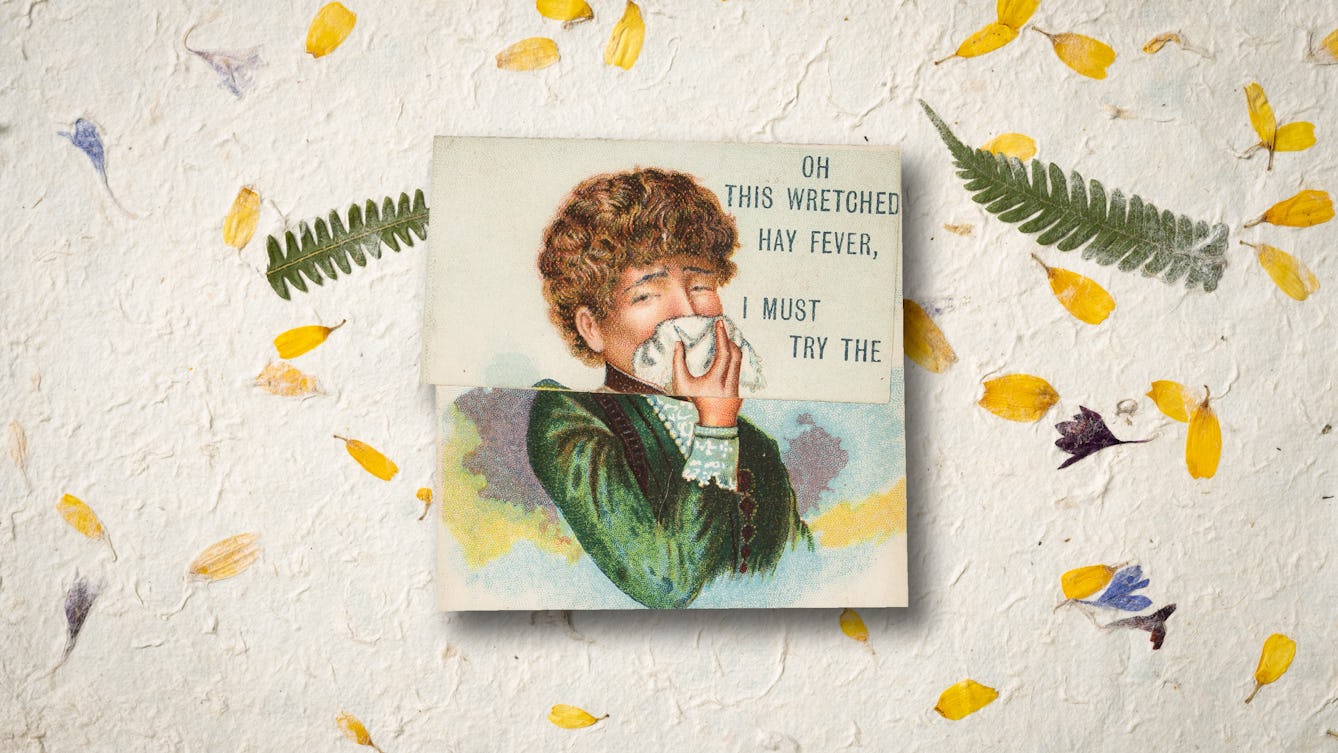
- Article
- Article
The hell of hay fever
After years suffering in silence, David Jesudason finds speaking out about his pollen allergy gives him hope for a future where his hay-fever symptoms are under control.
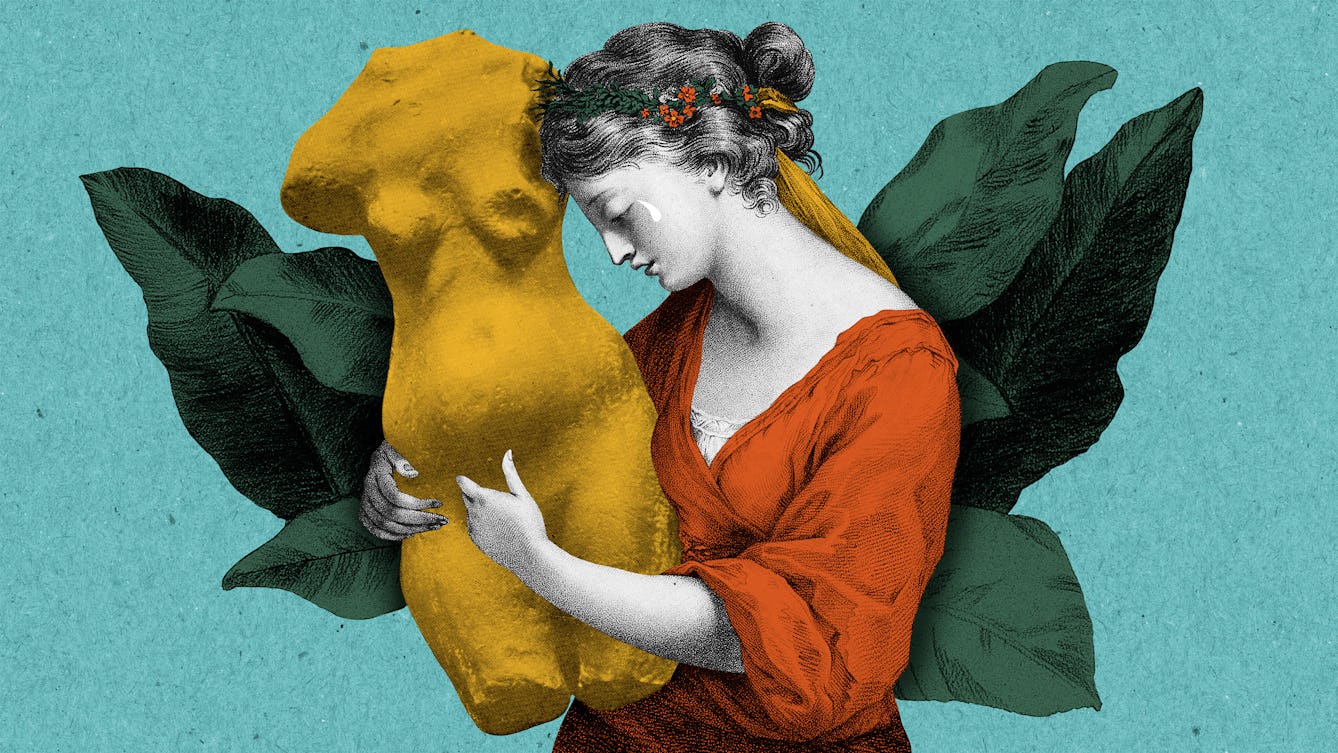
- Article
- Article
The secret sting of cystitis
Agnes Arnold-Forster recounts her experiences of cystitis, explaining how this illness intersects with sexism, shame, and stigma from medical professionals.

- Article
- Article
The tale of the toxic kidneys
In 1954 a serendipitous coming together of skills and circumstances allowed the first successful organ transplant to take place. Read how Richard Herrick’s life was prolonged by his identical twin’s generosity.